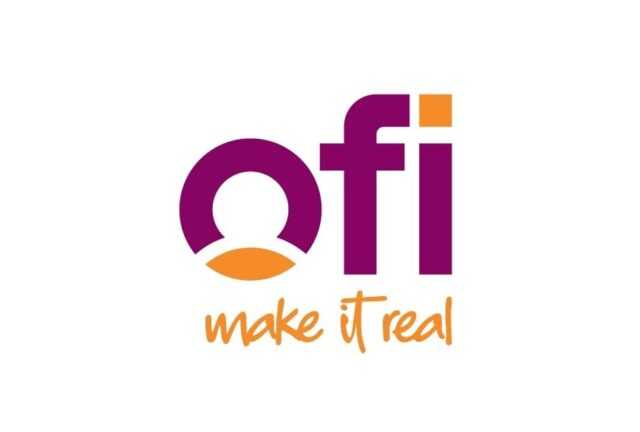AMSTERDAM, The Netherlands – olam food ingredients (ofi), a global leader in naturally good food and beverage ingredients, and Commodity Centre Group(“CCG”), a leader in supply chain, logistics, and warehousing solutions in the UK and Northern Europe, have partnered to create a cocoa bean warehouse terminal exclusively using green energy at the Port of Amsterdam in the Netherlands.
ofi and CCG jointly achieved this by installing nearly 7,000 solar panels at the warehouse, which could lead to the reduction of 1,350 tons of CO2 per year. This is the equivalent of 67,500 trees absorbing carbon from the atmosphere and utilizes roof space in the region of two football pitches in size to maximize green energy usage. The company expects the warehouse to also be certified carbon-neutral in the future.
The warehouse is critical for helping ofi deliver high-quality cocoa beans to its global confectionery brand customers. Using an innovative conveyor belt system, cocoa is directed into one of the 110 available pens, creating bulk micro lots managed by CCG.
Not only does this enable greater segregation of beans to preserve their flavor, but it also helps maintain quality and traceability1. The company believes it is one of the only systems like this in existence, and thanks to the solar installation, the process now exclusively uses renewable energy.
This latest move forms part of ofi’s ambition for sustainable cocoa, Cocoa Compass, which sets ambitious goals – including a 30% reduction in natural capital costs2 by 2030. ofi reduced these costs in 2021 in its global cocoa processing operations by 11% per metric ton of product output, partly due to investments in renewable energy initiatives. For example, a network of biomass boilers fuelled by cocoa shells, which was recently shortlisted for an Edie sustainability award.
Chris Beetge, President of Europe, Middle East, and North Africa, ofi, said: “We’re always looking at ways to drive decarbonization across our cocoa value chain from the farm to our processing facilities and warehouses. The milestone of turning our Amsterdam warehouse operation solar-powered is another example of how we’re not only progressing towards our own environmental goals but also supporting those of our customers and the national climate agendas of the Netherlands and the EU.”
Alec Gunn, CEO of Commodity Centre Group, said: “Our Group has been working closely with ofi for over 35 years, providing logistics and warehouse solutions in multiple locations. Commodity Centre’s Amsterdam Falcon and Osprey Terminals are shining examples of our continued commitment to incorporating sustainable solutions within our operations.”
¹ Cocoa beans with segregated traceability are sourced via a sustainability program, providing social and environmental support to farmers, and are kept separate from conventional cocoa beans.
² Natural capital costs/accounting follows a holistic systems approach to understanding the true value of nature, people, and society for humans. It is an approach to measure the changes in the stock of natural capital at a variety of scales and to integrate the value of ecosystem services into accounting and reporting systems.










